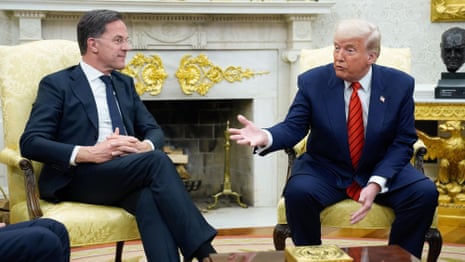
Muhammadu Buhari, who took power in Nigeria by both coup and ballot box, dead at 82
Published: 2025-07-13 21:10:12 | Views: 11
Former Nigerian president Muhammadu Buhari, who led Africa's most populous country from 2015-23 and was the first Nigerian leader to oust an incumbent through the ballot box, died in London on Sunday, a presidential spokesperson said.
"President Buhari died today in London at about 4:30 p.m., following a prolonged illness," President Bola Tinubu's spokesperson said in a post on social media platform X.
Buhari, 82, who first led the country as a military ruler after a coup in the 1980s, earned a devoted following for his brand of anti-corruption conviction politics.
He referred to himself as a "converted democrat" and swapped his military uniform for kaftans and prayer caps.
"I belong to everybody and I belong to nobody," was a constant refrain Buhari told supporters and critics alike.

Buhari defeated Goodluck Jonathan, who served as president from 2010-15, in what was judged to be Nigeria's fairest election to date. Many hoped the retired major-general would crack down on armed groups, just as he had as the country's military head of state.
Instead, violence that had mostly been confined to the northeast spread. That left swaths of Nigeria outside the control of its stretched security forces as gunmen in the northwest, armed separatists and gangs in the southeast roamed unchecked.
Much of Buhari's appeal lay in the anti-corruption ethos that was a central plank of his agenda both as a military and civilian ruler. He said endemic corruption in Nigeria's political culture was holding people back.
But Buhari quickly disappointed after his 2015 win.

He took six months to name his cabinet. During that time, the oil-dependent economy was hobbled by low crude prices, prompting people to call him "Baba Go Slow."
His second victory in 2019 came despite his initial term being blighted by Nigeria's first recession in a generation, militant attacks on oilfields and repeated hospital stays.
Born on Dec. 17, 1942, in Daura, in the northwestern state of Katsina, Buhari enrolled in the army at 19. He would eventually rise to the rank of major-general.

He seized power in 1983 as a military ruler, promising to revitalize a mismanaged country. Buhari took a tough line on everything from the conditions sought by the International Monetary Fund to unruliness in bus lineups.
In 1984, his administration attempted to kidnap a former minister and vocal critic living in Britain. The plot failed when London airport officials opened the crate containing the abducted politician.
Buhari's first stint in power was short-lived. He was removed after only 18 months by another military officer, Ibrahim Babangida.
He spent much of the following 30 years in fringe political parties and trying to run for president until his eventual victory over Jonathan in 2015.
Source link







